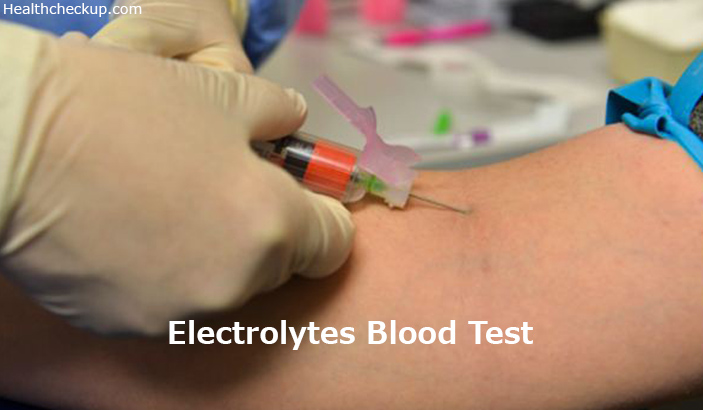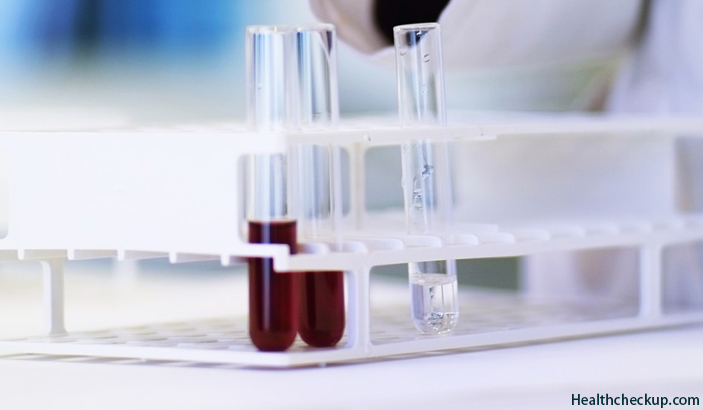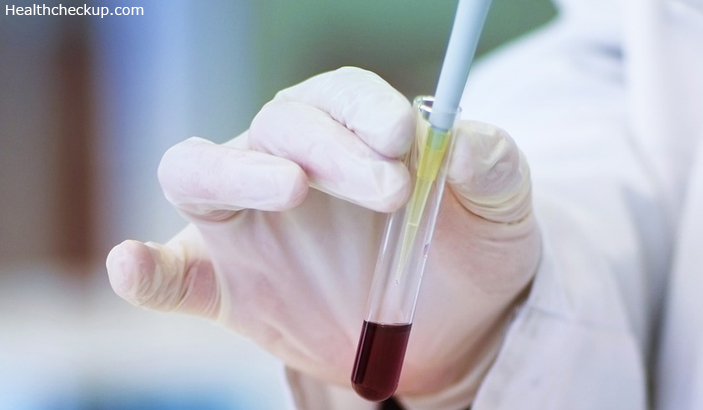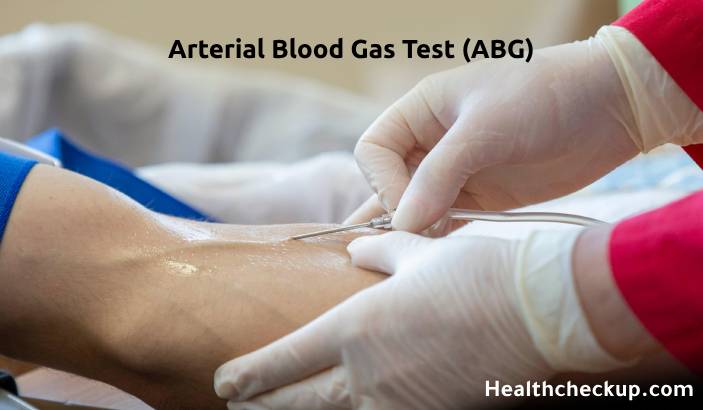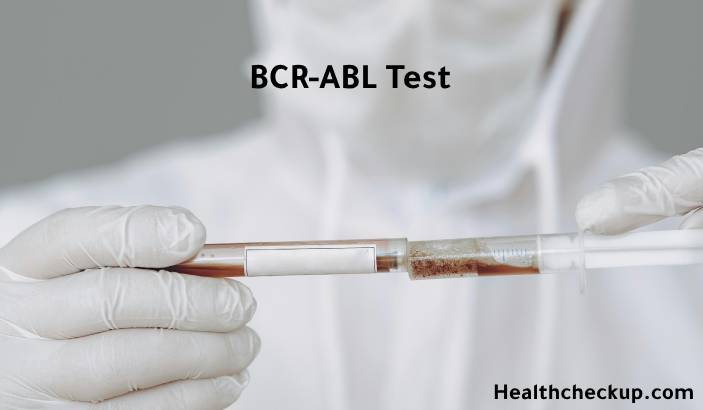Electrolytes are defined as chemicals that conduct electricity when mixed with water. The important electrolytes in the human body include
- Sodium
- Potassium
- Calcium
- Bicarbonate
- Magnesium
- Chloride
- Phosphate
Electrolytes are important for a host of bodily functions including hydration of the body, the regulation of nerve and muscle function, the balancing of blood acidity and pressure levels, and the rebuilding of damaged tissues. An electrolytes blood test is used to identify problems caused by electrolytes imbalance in the body.
Different Functions of the Various Electrolytes in the Body
Electrolytes are mainly minerals found in the body tissues and blood in the form of dissolved salts. They help the passage of nutrients into the body cells and the movement of waste products out of them. The electrolytes also help maintain a healthy water balance in the body and regulate the body’s pH level. Here are some of the important functions of the different electrolytes in the body
- Sodium: This electrolyte is usually present in the body’s extracellular level. It helps regulate the amount of water in the body.
- Potassium: This electrolyte is present within the body cells and is important for regulating heartbeat and muscle function. It also plays a major role in neuron transmission.
- Calcium: It is the most abundant mineral found in the body and is essential for the formation of bones and teeth in addition to the transmission of nerve impulses, blood clotting and muscle contraction.
- Bicarbonate: It plays a major role in the maintenance of the pH levels in the body.
- Magnesium: This is an important electrolyte that plays an important role in the maintenance of normal nerve and muscle function, boosting the body’s immune system, maintaining stable heart rate, stabilizing blood sugar and promoting the formation of bones and teeth.
- Chloride: It works closely with sodium to maintain proper balance and pressure of the various fluid compartments of the body including the blood, intracellular fluid and the intercellular fluid.
- Phosphate: This electrolyte is important for the energy production within cells. It is essential for tissue growth and repair and is a critical building block for cell membranes and DNA.
Causes of Electrolytes Imbalance
The causes of electrolyte imbalance include
- Kidney or Renal diseases
- Severe Dehydration
- Poor Diet
- Long Periods of Vomiting and Diarrhea
- An Imbalance of the Acids and The Alkalis in the Body
- Congestive Heart Failure
- Overuse of Diuretics
- Chemotherapy
- Aging
Symptoms of Electrolyte Imbalance
The symptoms of an electrolyte imbalance depend on which of the body electrolytes is out of balance, and whether the concentration of the electrolyte is high or low. A high concentration of magnesium, sodium, potassium, or calcium will cause the patient to exhibit the following symptoms
- Weakness
- Numbness
- Seizures
- Confusion
- Twitching
- Convulsions
- Excessive Tiredness
- Bone Disorders
- Changes in blood pressure
- Irregular heartbeat
- Muscle Spasm
Excessive calcium levels may occur in patients suffering from breast cancer, lung cancer and multiple myeloma. The excess of calcium is caused by the destruction of bone tissue in these cases. Signs and symptoms of excessive calcium levels in the body include
- Increased Frequency of Urination
- Lethargy and Fatigue
- Moodiness and Irritability
- Nausea and Vomiting
- Excessive Thirst
- Dryness of Mouth and Throat
- Loss of Appetite
- Constipation
- Stomach pain
- Irregular heartbeat
- Extreme Weakness of Muscles
- Coma
Why is Electrolyte Testing Done?
Electrolyte testing can be carried out as part of routine blood tests or if your doctor thinks you have an imbalance of any of the electrolytes. It is usually sodium or potassium, or if a pH imbalance is suspected.
An electrolytes blood test is useful in evaluating cases where a kidney disease or high blood pressure or heart failure is suspected, and to check if the treatment being given is effective. Electrolyte levels are also checked if you use diuretics or ACE inhibitors regularly.
Significance of the Electrolytes Blood Test
The electrolytes blood test, also known as Electrolyte Panel Blood Test, is a test done to assess the levels of the major electrolytes. It is routinely ordered to give the doctor an insight into a possible electrolyte imbalance, which could be causing a variety of health conditions.
The blood sample for the test is collected by inserting a needle into a vein in the arm of the patient, and no special preparation is required on the part of the patient prior to the test.
Electrolytes Blood Test Results Interpretation
Elevated electrolyte levels found in the test results may indicate
- Metabolic Acidosis or Respiratory Acidosis
- Acute or Chronic Renal Failure
- Addison’s Disease
- Dehydration
- Insulin Deficiency
- Widespread Internal or External Cell Destruction Caused by an Underlying Disease
Also, sometimes, electrolyte levels may be high if a person is pregnant.
Decreased Electrolyte Levels may Indicate
- Metabolic Alkalosis or Respiratory Alkalosis
- Excessive Excretion of Electrolytes by the Kidneys
- Excessive Blood Insulin Levels
Abnormal levels of a specific electrolyte may indicate certain specific health conditions, depending on the clinical situation being investigated. The results of this test alone should not be used to diagnose a disease but should be correlated with the clinical findings and additional tests and information to arrive at a conclusive diagnosis.
Factors That May Interfere with the Electrolyte Test Results
Certain factors such as pregnancy, the consumption of electrolyte-rich foods such as energy drinks, and certain drugs may interfere with the test results.
It is always important to inform your doctor about your diet and medicinal intake to help him interpret your test results correctly and avoid any chances of misdiagnosis.
If the level of a single electrolyte is found to be either too high or too low in the electrolytes blood test, the doctor will order repeated tests until the imbalanced electrolyte levels return to normal. Also, if an acid-base imbalance is found, the doctor may want you to undergo blood gas tests.
These tests help measure the acidity, oxygen, and carbon dioxide levels in a sample of blood from an artery. The doctor will also order the repetition of the tests if certain drugs such as diuretics and ACE inhibitors which are known to affect electrolyte levels have been prescribed for your condition.
Medically Reviewed By

I am an experienced Medical/Scientific writer with a passion for helping people live a happy healthy life. My thirst for writing has followed me throughout the years – it is there when I wake up, lingering at the edges of my consciousness during the day, and teases me at night as I go to sleep.


